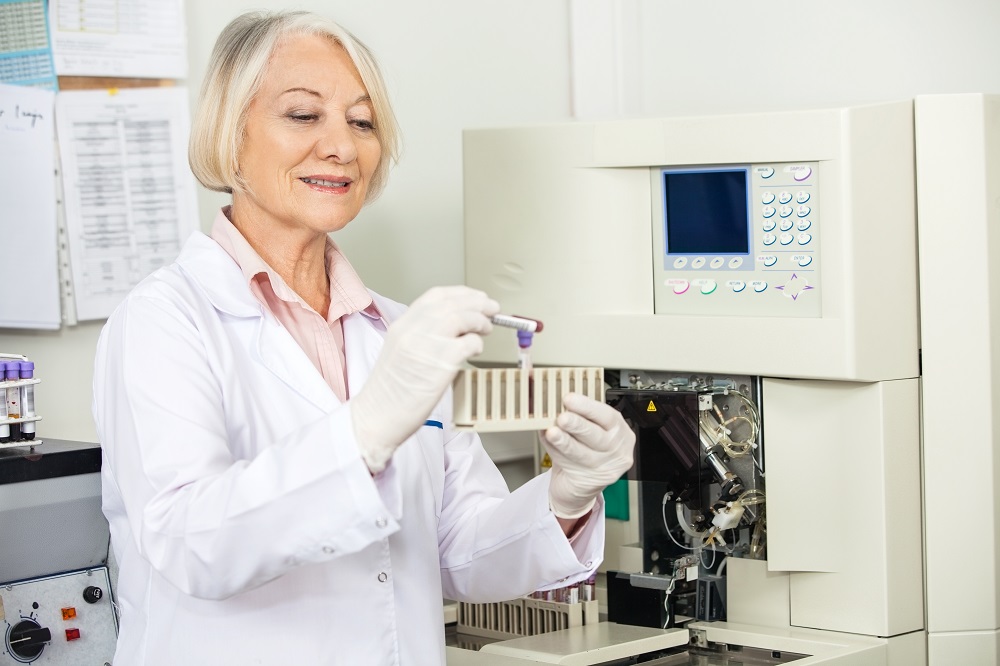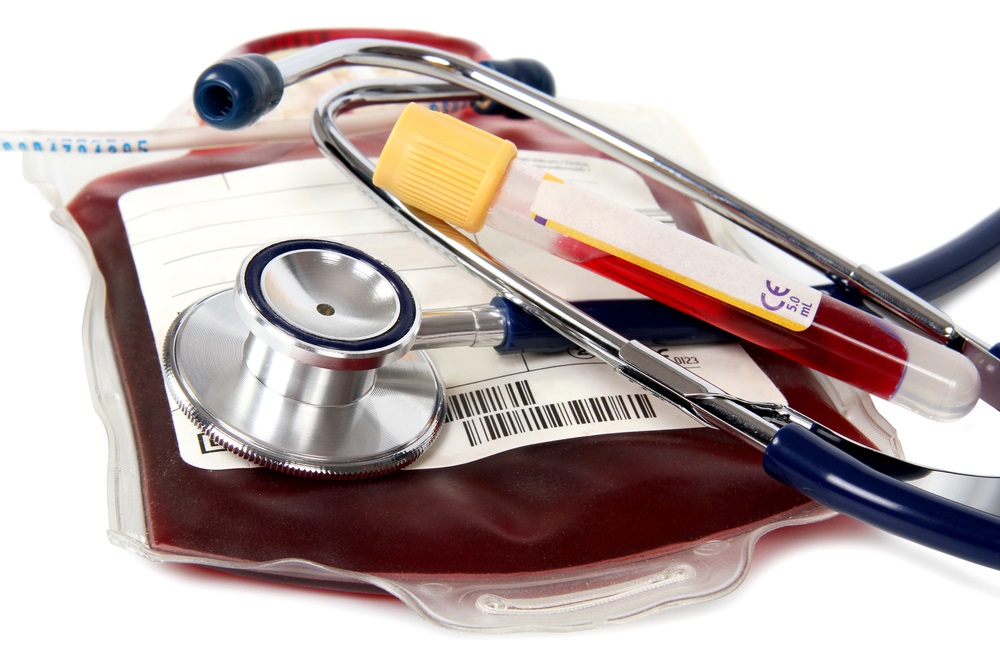The range of treatments of a hematologist include the diagnosis and treatment of bleeding and thrombosis tendencies as well as formation disorders of the bone marrow, modifications due to immunological processes, disorders of hemostasis and thrombophilia.
Among the most common blood disorders are acute and chronic leukemia, lymph node cancer, blood anemia and blood hemophilia. The treatment of these diseases usually takes place in specially established centers of large tumor clinics and multidisciplinary.
The diagnosis of such diseases can usually be diagnosed from the blood itself, in some cases, a bone marrow biopsy has to be performed, or lymph nodes have to be taken out and examined.
To become a medical specialist in hematology in Germany, the doctor has to complete a six years of further training after medical school. The training includes acquisition of knowledge in chemotherapy, blood stem cell transplantation, immunotherapy with antibodies, hormonal therapy measures and a microscopic assessment of blood and bone marrow preparations.
In addition, the training is characterized by an interdisciplinary collaboration with doctors from surgery, radiotherapy and nuclear medicine. Even basic knowledge of palliative medicine is acquired.


